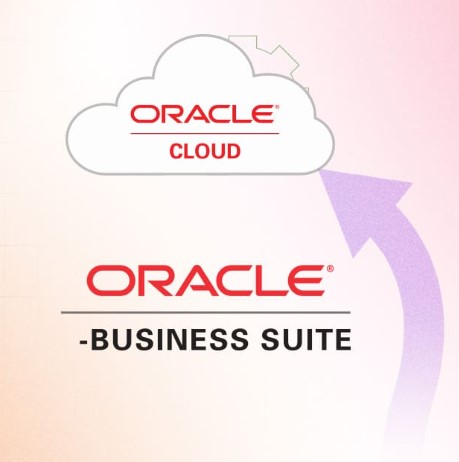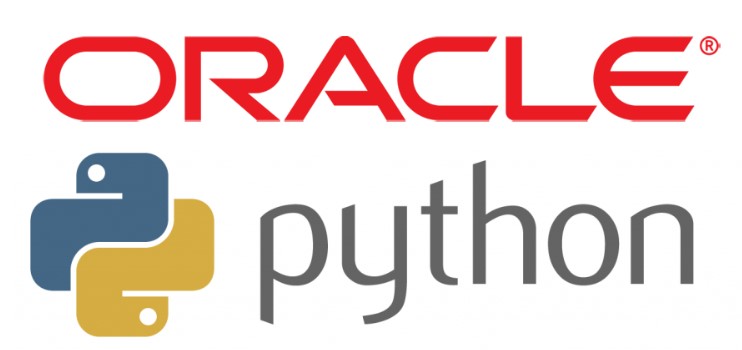Reading Time: 7 min
Enterprise Resource Planning (ERP) systems have long been the backbone of operational efficiency across industries. But as digital transformation accelerates, Artificial Intelligence (AI) is becoming the driving force behind a new era in ERP. In 2025 and beyond, AI will no longer be a luxury add-on—it will be a foundational component that reshapes how businesses plan, operate, and grow.
Whether you’re a small business owner or an IT professional considering ERP upgrades, understanding how AI will impact ERP software is critical. In this article, we’ll explore how AI in ERP is revolutionizing the space, what to expect from ERP software in 2025, and how to prepare for the shift.
Why AI in ERP Matters
AI in ERP refers to the integration of machine learning, natural language processing, predictive analytics, and intelligent automation within ERP platforms. Unlike traditional systems that depend on static rules and manual workflows, AI-driven ERP can learn, adapt, and make proactive decisions.
The result? Faster operations, smarter insights, and fewer errors—all crucial for maintaining competitiveness in today’s fast-moving market.
Benefits of AI-Powered ERP Systems
1. Intelligent Automation
AI tools for business operations are streamlining ERP processes like never before. Repetitive tasks such as data entry, invoice matching, order processing, and inventory reconciliation are now fully automatable. This not only saves time but reduces human error and operational costs.
AI-driven ERP platforms are able to handle:
- Automated approvals based on learning historical patterns
- Workflow routing that adapts to real-time data
- Intelligent alerts for exceptions or anomalies
2. Predictive Analytics and Forecasting
Forecasting has always been a core function of ERP systems, but AI takes it to the next level. By analyzing historical data, seasonal trends, and external variables (like market fluctuations or weather), AI algorithms can predict:
- Inventory demands
- Cash flow cycles
- Customer buying patterns
- Equipment maintenance needs
This predictive power helps business owners make informed decisions rather than relying on gut feelings.
3. Personalized User Experience
AI-enabled ERP software in 2025 will offer personalized dashboards and suggestions based on user behavior. Instead of sifting through irrelevant data, users will get:
- Tailored KPIs based on roles
- Suggested reports and actions
- Context-aware search and navigation
This not only boosts efficiency but increases user adoption—critical for small businesses with limited training resources.
4. Smarter Financial Management
AI in ERP adds significant value to financial operations, particularly for small businesses that lack dedicated finance teams. AI helps:
- Detect fraudulent transactions through anomaly detection
- Automate journal entries and reconciliations
- Accelerate month-end closing
- Provide real-time financial health metrics
The financial accuracy and automation delivered by AI can reduce compliance risks and improve strategic planning.
5. Real-Time Decision Making
Unlike traditional ERP systems, which often run on batch processing, AI-powered ERPs provide real-time visibility. You can respond instantly to disruptions in supply chains, shifts in customer demand, or cash flow concerns.
Examples include:
- Adjusting purchase orders in real time based on forecast changes
- Notifying teams of potential SLA breaches before they occur
- Redirecting logistics in response to shipping delays
This level of responsiveness is a game-changer for small businesses looking to operate like larger enterprises.
ERP Software 2025: What to Look For
As ERP software continues to evolve in 2025, businesses should prioritize platforms that offer robust AI capabilities. Key features to look for include:
- Machine learning-driven recommendations
- Natural language queries and chatbot assistance
- Automated workflow triggers
- Predictive analytics dashboards
- Seamless cloud integration
Popular ERP platforms embracing AI include:
- NetSuite – Scalable cloud ERP with built-in AI analytics
- Odoo – Modular open-source ERP with AI-powered apps
- Zoho ERP – AI assistant “Zia” for sales, finance, and HR insights
- Microsoft Dynamics 365 – Advanced AI models for forecasting and planning
Affiliate links to these tools may generate commissions to support our site.
How AI in ERP Empowers Small Businesses
Historically, ERP systems were out of reach for many small companies due to cost and complexity. AI is changing that. With intuitive interfaces, smart automation, and affordable cloud pricing, modern ERP software is now within reach for growing businesses.
Key advantages include:
- Faster ROI from process automation
- Lower operational costs
- Reduced reliance on manual intervention
- Scalable features that grow with your business
This democratization of technology allows small businesses to compete on a more level playing field with larger enterprises.
Implementation Considerations
Before adopting an AI-powered ERP solution, small businesses should:
- Assess readiness – Ensure clean, structured data and defined workflows.
- Start small – Begin with AI features in finance, sales, or inventory.
- Train your team – AI systems improve with input; human oversight remains key.
- Monitor results – Track performance improvements and adjust your strategy as needed.
Working with a certified ERP consultant or implementation partner can also accelerate success and reduce risks.
Future Trends in ERP + AI
Looking ahead, here are some trends that will shape ERP in the coming years:
- Voice-activated ERP commands for hands-free control
- AI-driven compliance for changing tax and regulatory laws
- Blockchain + AI for secure, transparent transactions
- AI + IoT to connect ERP with physical assets in real time
Being proactive in exploring these trends will keep your business agile and competitive.
Conclusion
Artificial Intelligence is transforming ERP from a passive record-keeping system into a dynamic decision-making engine. From intelligent automation and predictive insights to improved user experiences and cost efficiencies, AI in ERP is set to become the new standard.
Small businesses that embrace ERP software in 2025 equipped with AI tools for business will unlock new opportunities for growth, innovation, and scalability.
Let me know if you’d like a downloadable version, internal link structure suggestions, or affiliate integration tips for this article.



